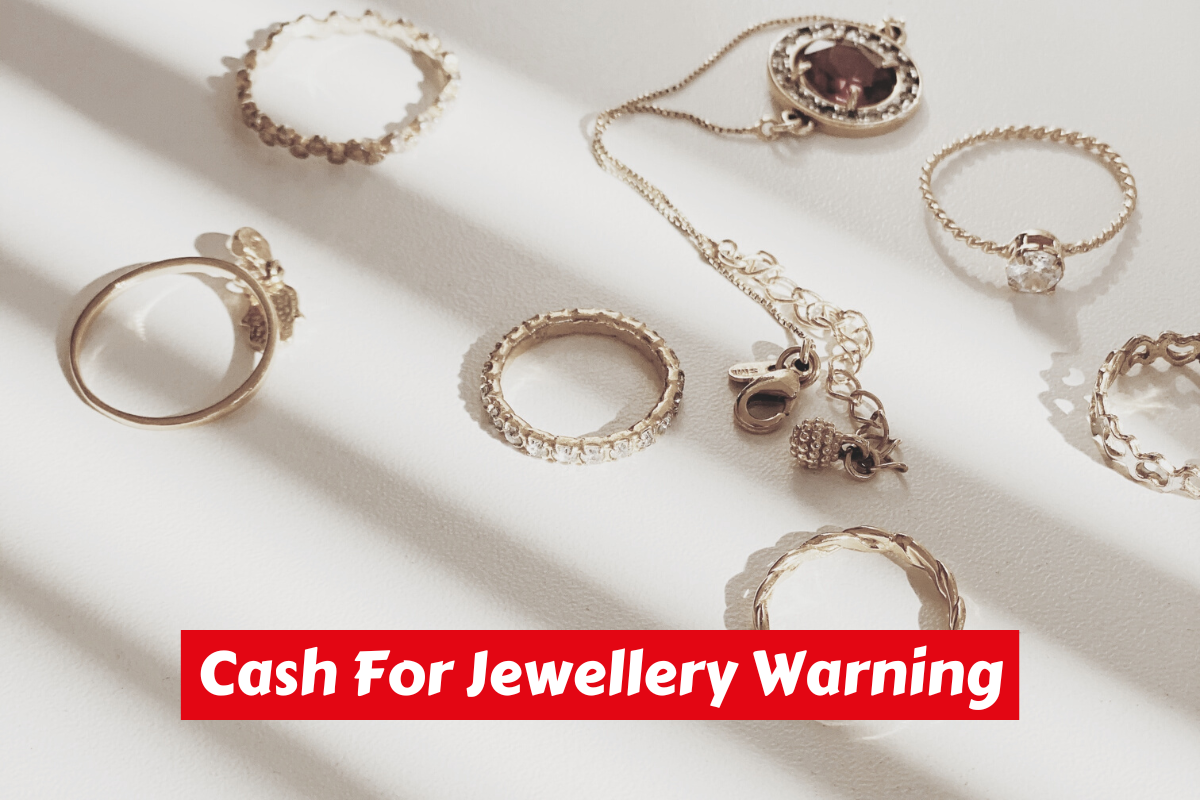 |
|
With money getting tighter for us all, please be very careful of any approaches made by "Cash for Jewellery" traders, or those knocking at your door claiming to be antique dealers.
Follow these simple tips to ensure you are getting the best deal.
Shop Around - No matter how or where you ultimately chose to sell, start locally. Contact a reputable local jeweller or antique dealer and ask them to estimate the value of your goods. That way, you’ll at least have a base price in hand before you solicit online bids or other offers.
Beware ‘Rogue’ Buyers - Be wary of who you are selling your jewellery to! Are they a “rogue” buyer. If you have to leave your items with them for a quote, do you know for sure that they will be there again when you return to collect your money?
Read The Small Print - Read the terms and conditions or small print, and pay attention to fees and charges that may apply. Refining fees, postage fees and appraisal fees could be hidden.
Report any concerns you have with a trader to us via Citizens Advice Consumer Service on 0808 223 1133.
|
|
 |
It may be the season to bag a bargain, with Black Friday, Cyber Monday and the festive holidays just around the corner. But sometimes we get less than we bargained for, and lots of people are coming to us about fake or faulty goods that they’ve been sold online.
We don’t want that to happen to you, so stop before you shop.
Online marketplaces are platforms that allow people or businesses to sell items online. The seller doesn’t own or control the platform that the items are being advertised or sold on. This can also mean the platform doesn’t have responsibility for the items being sold.
Because of this people sometimes face problems like being sold faulty goods, or goods that went faulty shortly after the sale, goods not arriving or not being sent, and goods being different to what was advertised.
What are your rights?
Your rights when shopping on an online marketplace vary depending on whether you’re buying from a ‘seller’ or a ‘trader’. It’s important that when buying on an online marketplace you know who you’re buying from.
If you’re buying from a trader and the item isn’t of satisfactory quality, fit for purpose or doesn’t match the description you can choose the option of a refund, repair or replacement. If you choose repair or replacement, it’s the trader’s responsibility to show that there isn’t a problem with the item, or to provide a solution. If you choose the option of a refund, it’s your responsibility to prove the problem.
Make sure to take a screenshot of the description so you can prove how it was described when you purchased it. Traders have to give you their name and address, so you can contact them if you have a problem.
If you’re buying from a private seller and change your mind about something you’ve bought, you don’t have the right to a refund. But you do have the right to a solution if the item wasn’t described accurately or the seller didn’t own the item when they sold it to you. It’s your responsibility to prove the problem.
Be wise to scams in disguise
Sometimes things aren’t always as they seem, so take time to do research into the item you need.
- Find out if the product or service is what you are looking for. Get an idea of what the full cost of the item might be and shop around on different sites to check the product information provided
- Beware of a seller who asks you to pay via direct bank transfer. A genuine retailer will only give you secure, protected ways to pay, like your card or a recognised online payment platform
- Fake toys are a big ‘no’ when it comes to child safety. They don’t go through the same checks as the real things and can often be dangerous, so be extra cautious when you’re bargain hunting for Santa
Need more information and help?
We know sometimes things still go wrong, even if you do everything right. If they do, there is help. Visit Citizen Advice's consumer advice pages for more support: www.citizensadvice.org.uk/consumer/
If you’ve had a problem you can also contact their consumer service on 0808 223 1133 (Mon-Fri 9am to 5pm). |
|
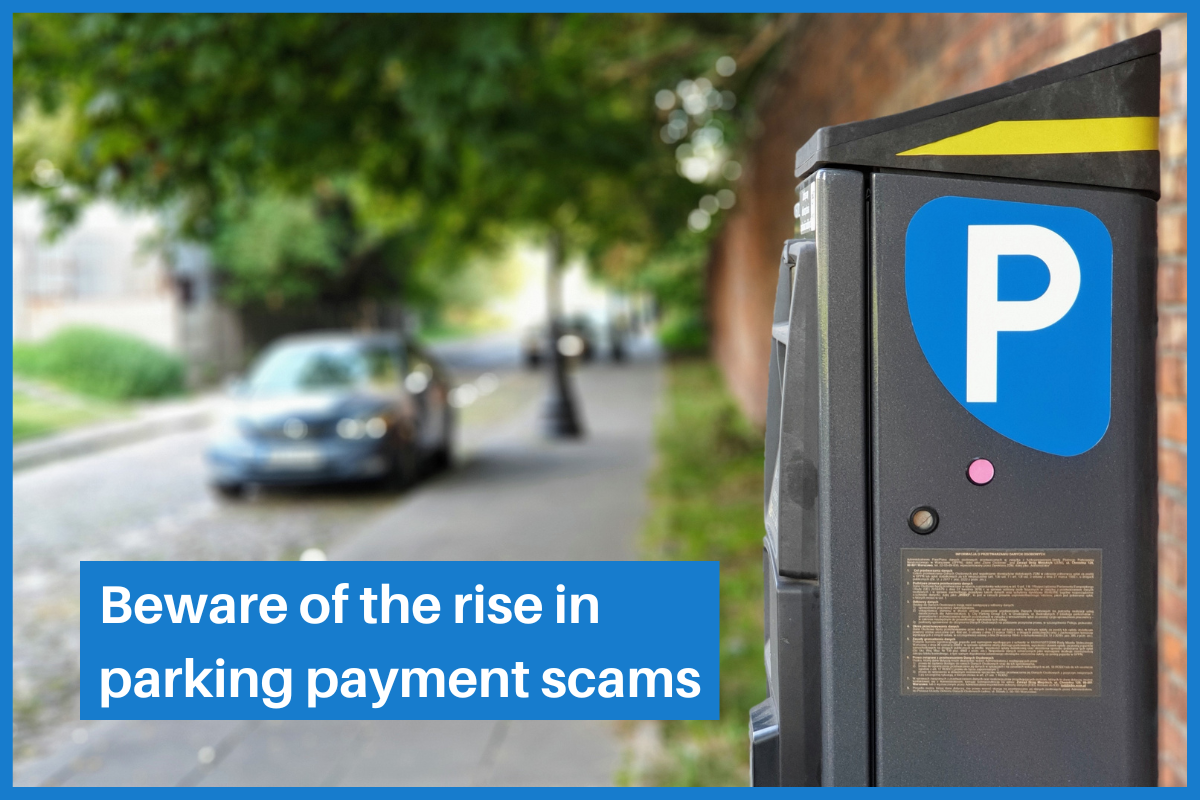 |
|
QR codes have grown increasingly popular since the Covid pandemic, and cybercriminals have caught onto it. We are seeing a rise in their use by scammers to harvest personal data, with parking payments being the latest.
With more and more car parks phasing out cash as a payment, fraudsters have seized the opportunity to target cashless payment systems.
Earlier this month our colleagues from the Isle of Wight reported that fake QR codes had been stuck to parking meters in Sandown, disguised as 'quick pay' options.
Motorists were asked to scan the code and enter credit card details, but any who did were directed to a fake website. Thankfully, in the Isle of Wight case, the driver's credit card firm noticed the irregularity and raised the alarm.
How to avoid the scam:
- Only scan a code if you are sure about it. Always look at the link on your phone before opening it in a web browser.
- Look for signs that the QR code has been tampered with, replaced, or covered up with a phoney version.
- If in doubt use the telephone number that should be displayed in a prominent place or download the official app for the car park from Google Play or the App Store.
If people believe they are the victim of fraud, it’s advised to report it to Action Fraud as soon as possible by calling 0300 123 2040 or visiting https://www.actionfraud.police.uk/
Make friends and family aware by sharing on Facebook
|
|
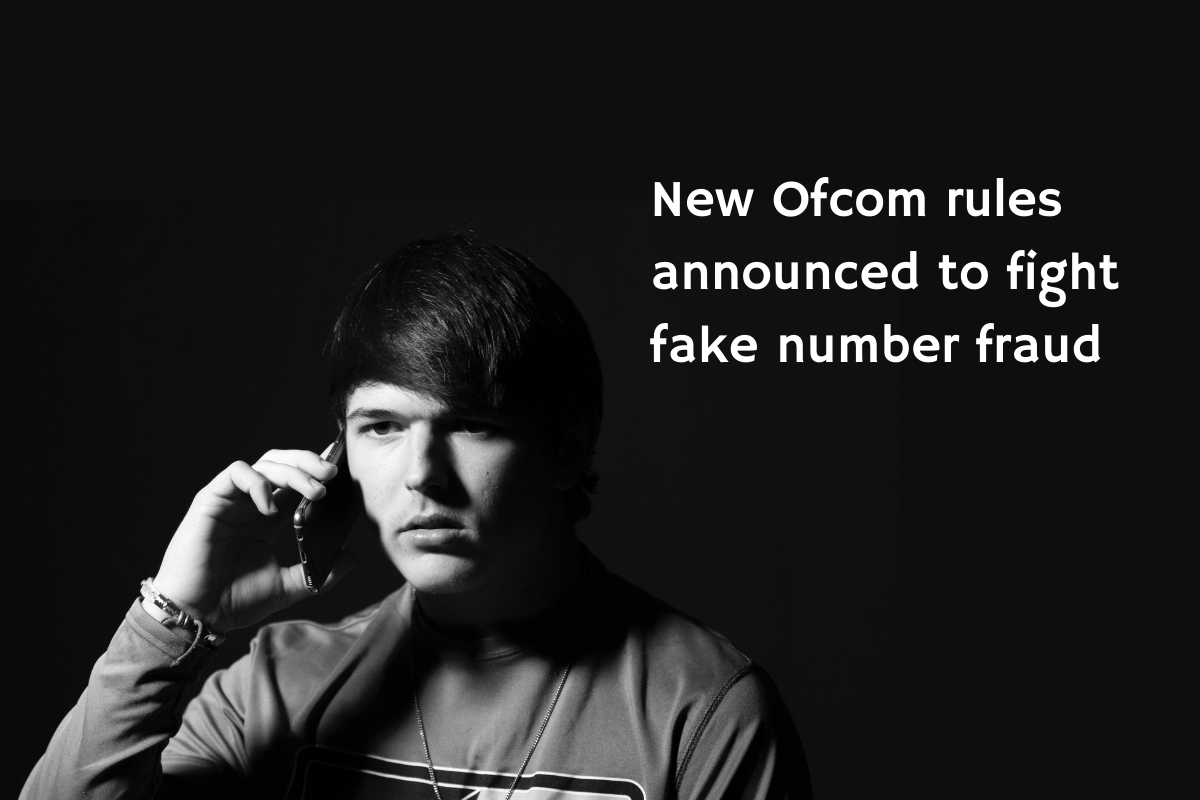 |
|
Phone users will be better protected against scammers using fake phone numbers, under new rules announced by Ofcom.
A common tactic used by criminals to defraud victims is to imitate – or ‘spoof’ – the phone numbers of legitimate organisations, like banks and Government departments. If a call to a mobile or landline phone appears trustworthy, people are more likely to answer it and follow the scammers’ instructions.
To help combat this problem, Ofcom is strengthening its rules and guidance to require all telephone networks involved in transmitting calls – either to mobiles or landlines – to identify and block spoofed calls, where technically feasible. This will make it harder for scammers to use spoofed numbers.
Ofcom have also issued new guidance to phone companies on how they can prevent scammers from accessing valid phone numbers.
Ofcom allocates telephone numbers, usually in large blocks, to telecoms firms. They can then transfer the numbers to individuals or other businesses. All phone companies are expected to take reasonable steps to stop their numbers being misused, but these efforts can vary.
The new guide sets out clear expectations for providers to make sure they run ‘know your customer’ checks on business customers. These could involve checking the Companies House register, fraud risk databases and the Financial Conduct Authority’s Warning List to uncover information that may indicate a high risk of misuse by the customer seeking to use phone numbers.
Phone companies should also act to prevent any further potential misuse – this may include suspending the number and reporting evidence of fraudulent activity to law enforcement.
A great move by Ofcom in the fight against fraudsters!
|
|
 |
|
This winter, more people will be turning to electric heaters, particularly those living alone who are avoiding high energy bills. But using them incorrectly can pose massive risks in the home and can cause devastating fires.
If a member of your family has an electric heater, don’t forget to check up on them and keep in mind these safety tips from Electrical Safety First: www.electricalsafetyfirst.org.uk/guidance/product-safety/portable-heaters/
|
|
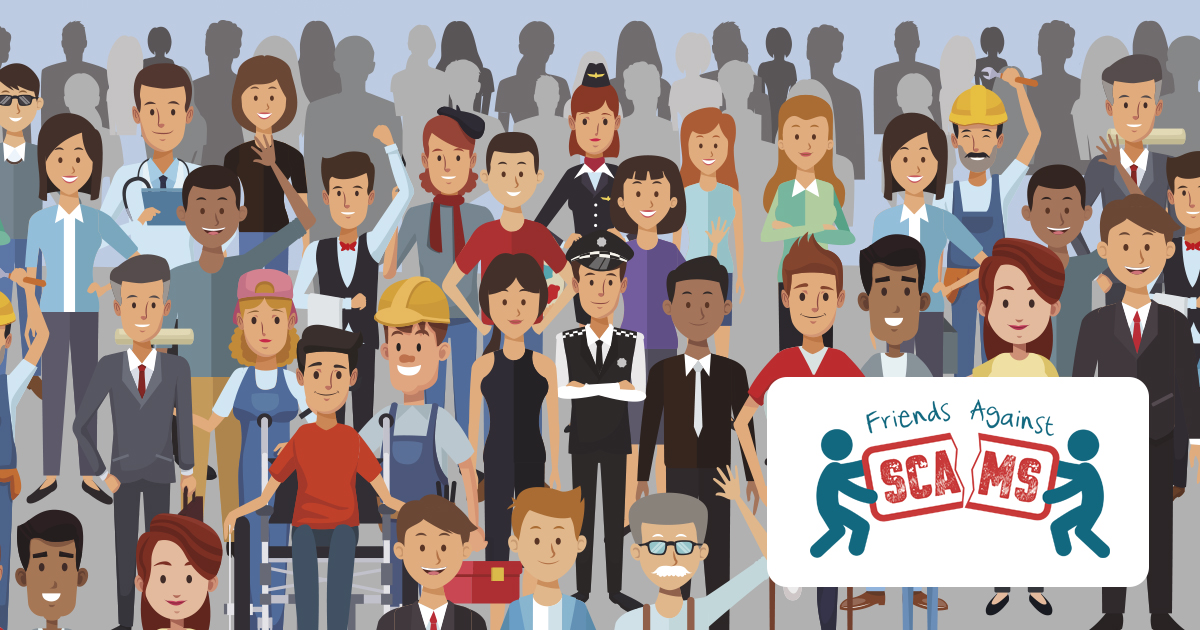 |
|
Our colleagues at Friends Against Scams have created a Reimbursement Toolkit to help scam victims apply to their bank or building society to ask for their money back.
You can download a copy of the toolkit here: www.friendsagainstscams.org.uk/where-to-get-help
|
|
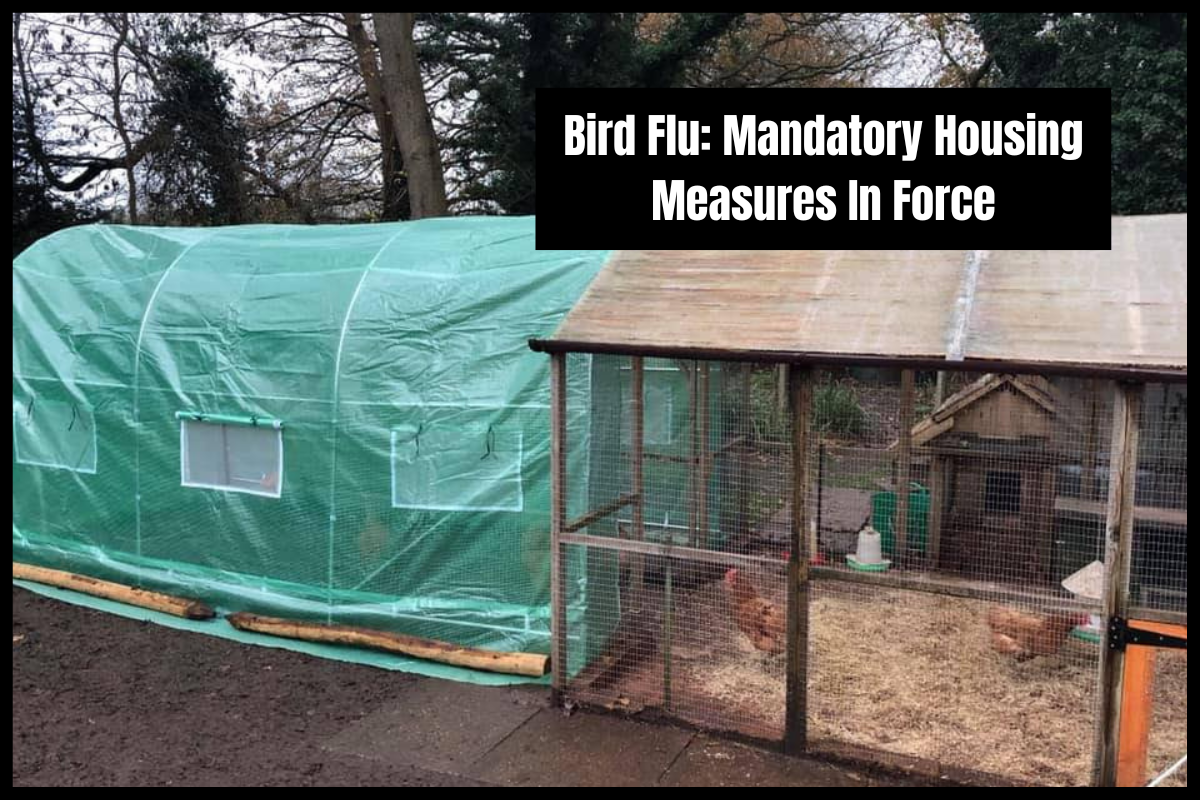 |
|
There are currently 13 outbreaks of Avian Influenza across Suffolk, affecting over 203,000 birds:
- Little Livermere (backyard flock)
- Fakenham Magna (commercial premises)
- Fakenham Magna (backyard flock)
- Nedging (commercial premises)
- Mutford (commercial premises)
- Little Livermere (commercial premises)
- Stoke By Nayland (commercial premises)
- Great Whelnetham (backyard flock)
- Needham Market (commercial premises)
- Ubbeston Green (commercial premises)
- Sternfield (commercial premises)
- North Green (commercial premises)
- Cratfield (commercial premises)
Housing measures to protect poultry and captive birds from Avian Influenza are now in force across England. It is now a mandatory requirement to house your birds and practice strict biosecurity.
More information can be found here: www.gov.uk/guidance/avian-influenza-bird-flu
|
|
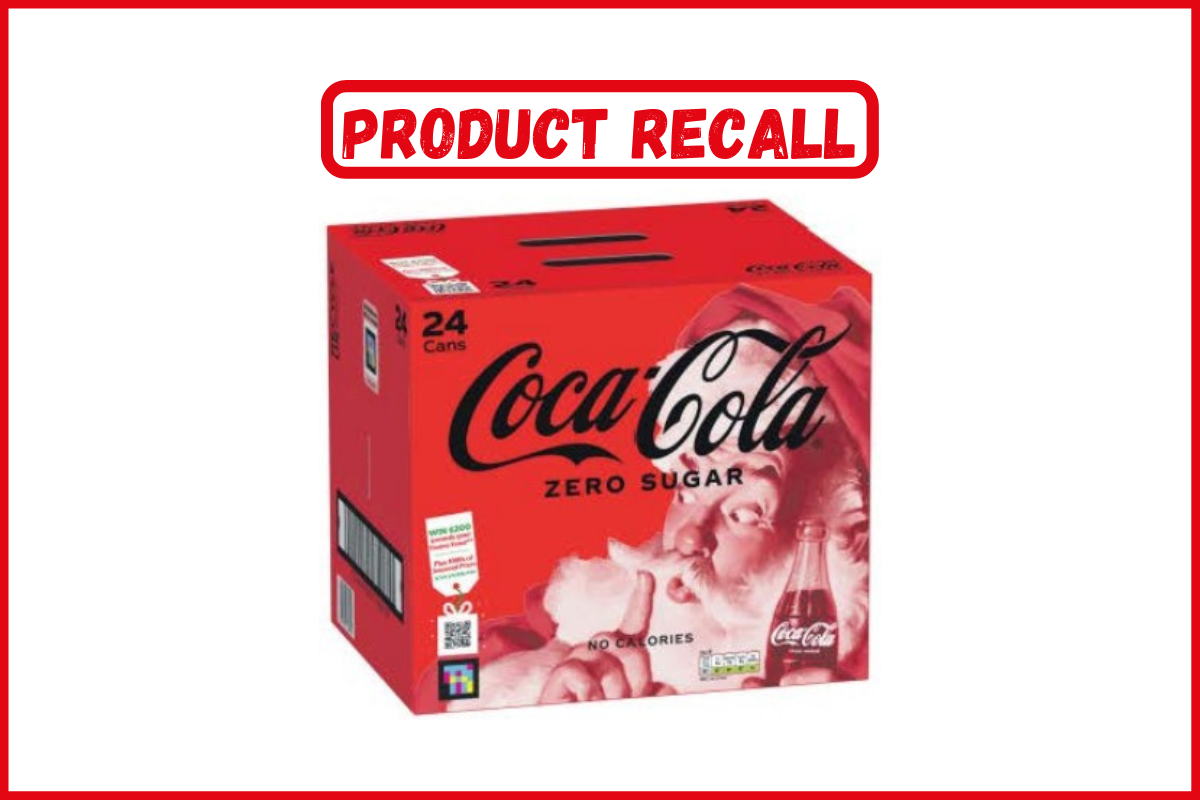 |
|
Coca-Cola is recalling a limited number of Coca-Cola Zero Sugar multipacks with Christmas cardboard because some packs have been wrongly boxed and may contain Coca-Cola Original taste. This makes the product a potential risk to consumers who need to manage their sugar intake.
Coca-Cola Zero Sugar multipacks with Christmas cardboard
Pack size: Multipack of 24 x 330 ml cans
Batch code: 301WA1, 302WA1, 303WA1, 304WA1, 305WA5, 306WA5, 307WA5 and 308WA5
Best before: 31 October 2023 and 30 November 2023
If you have bought the above product and need to manage your sugar intake, please do not drink it. Instead, contact Coca-Cola on 0800 22 77 11 and they will arrange for you to receive a replacement product.
Share on Facebook
|
|
If you need advice, or want to report a scam or rogue trader,
call us via 0808 223 1133. |
|
Copyright © 2022 Suffolk Trading Standards, All rights reserved.
You are receiving this email because you chose to help Suffolk Trading Standards "Join The Fight" against scams and rogues.
Our mailing address is:
Suffolk Trading Standards
Endeavour House
8 Russell Road
Ipswich, Suffolk IP1 2BX
United Kingdom
Add us to your address book
Want to change how you receive these emails?
You can update your preferences or unsubscribe from this list
 |
|
|